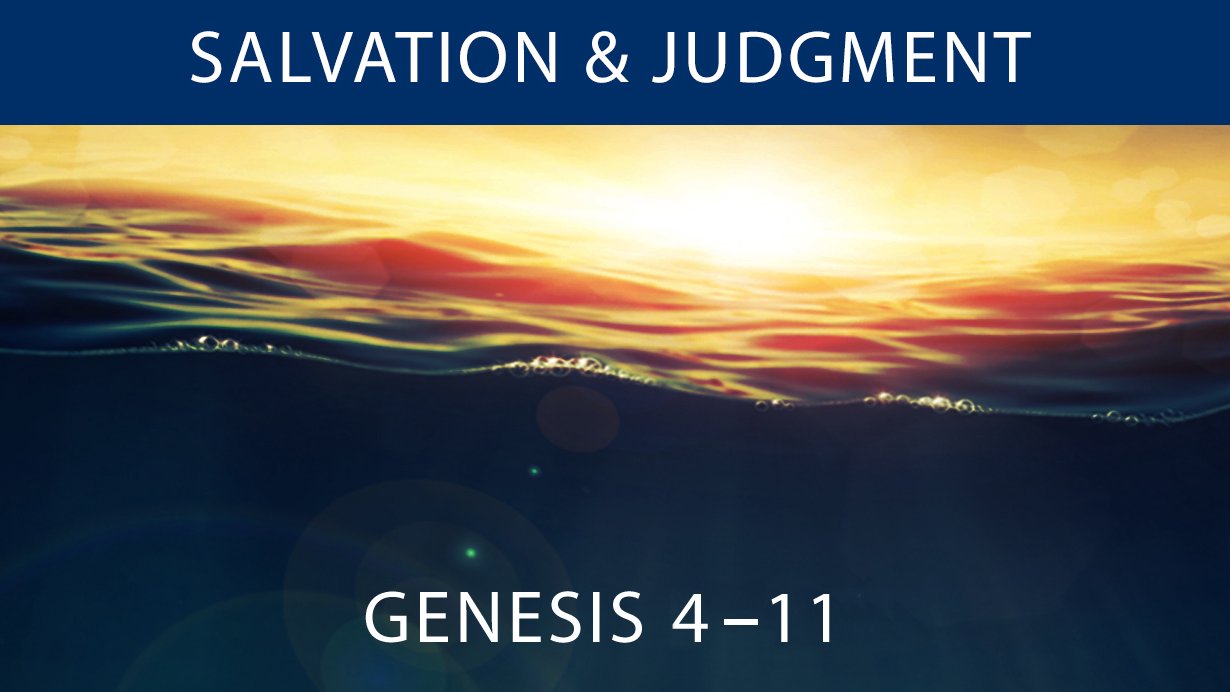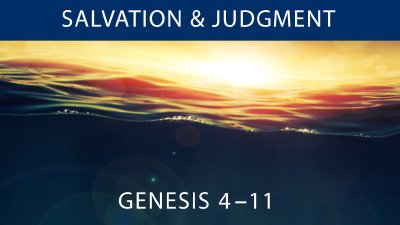Dear OBC Family,
On Sunday, we take the first step toward understanding the history of the flood—its causes, its characters, and its covenant.
In particular, we will spend time looking at the strange statements found in Genesis 6:1–4. Who were the sons of God? Who were the daughters of man? Who were the Nephilim? How do they relate to one another? And how do they relate to us today? Those questions require care and attention, and we should pray for wisdom as we come to worship on Sunday.
Indeed, it is easy to gloss over these verses as strange relics of a by-gone era, but as we will see there are important aspects of this story that we need to know. To prepare for Sunday, take time to read Genesis 6. You may also find help reading 2 Peter 2 and Jude. These two books look back at Genesis 6 and help us better understand how to read the Old Testament.
Additionally, if you are interested in thinking more about how the New Testament reads the Old and how we should engage with extra-biblical passages, you may find this article helpful.
For all of us, let us pray that the Lord who rules over all creation will pour out his mercy upon us as we gather in his name on Sunday. I look forward to seeing you there, as the Lord allows.
For His Glory and your joy in Christ,
Pastor David
--------------------------------------------------------------------------------------------
Discussion & Response Questions (Genesis 6:1-8)
What questions do you have after reading this text?
The following questions are largely related to the “sons of God” and giants:
What are the predominant views of the identity of the “sons of God”?
How does the Old Testament use this phrase? (Consider who is in view in Deuteronomy 32:8; Job 1:6; Job 2:1; Job 38:7).
As we look to Scripture to interpret Scripture, how does Jude 1:5-7 compare angels that sinned with Sodom and Gomorrah?
What does Mark 12:25 teach us about angels and the saints in heaven?
How does this apply (or nor apply) to Genesis 6?
What giants do you see in Scripture? Consider the Nephilim (Genesis 6:4; Numbers 13:33) and the “sons of Anak” (Deuteronomy 1:28; 2:10; 9:2; Joshua 14:12-15; 15:13), and the Rephaim or Emim (Deuteronomy 3:11-13). Consider also Goliath (1 Samuel 17), his relatives, and their descendants (1 Chron 20:4-6; 2 Samuel 21:5-17). What repeated themes do you see?
What do you find challenging about these texts, and why?
As we read Genesis 6:1-8, what are the ways in which we observe God’s judgment? Looking at the text, what provokes these judgments?
How do these judgements change humanity?
What characterizes man’s heart, and why?
What is the Bible’s consistent message when it comes to mankind’s condition?
How should we understand the language of God seeing (Gen 6:5) and having regret (Gen 6:6)?
How do we rightly interpret this text without denying the omniscience (Ps 139; Heb 4:12-13; 1 John 3:20) and immutability of God (Num 23:19; Mal 3:6; James 1:17)?
How is Noah distinct from the rest of mankind?
How can one find favor with God? Consider Noah (Heb 11:7; 2 Pet 2:5).
What does this passage teach about God’s world? God’s son? Our salvation?
What questions are left unresolved?






